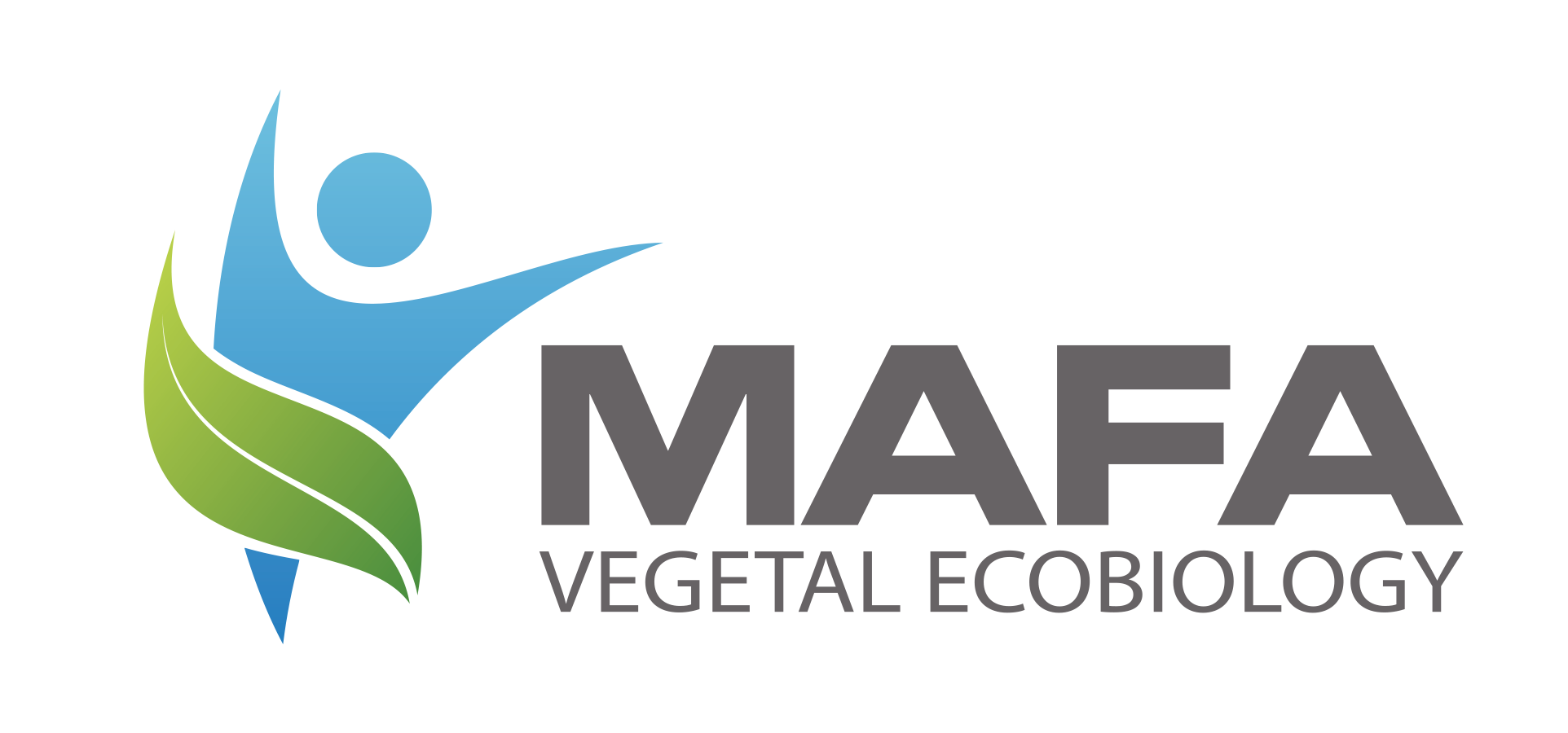Agronomy experts increasingly emphasize the role of algae in sustainable agriculture. The reason is quite simple: the main challenge for the agri-food sector for the coming years is the stimulation of agricultural crops with natural products to get the high quality vegetables and fruits quicker. That’s where the algae, as substances provided by nature itself, show their effectiveness. They manage to increase agricultural productivity, guarantee food security and carry out environmentally sustainable agriculture.
Algae -both microalgae and macroalgae- are organisms with a long life span on our planet and they have a decisive role in the formation of life. After all, thanks to the photosynthesis of the algae, the creation of the atmosphere was possible thanks to algae. Therefore, its biostimulation capacity to stimulate vital functions is also beneficial for agriculture. From biotechnology, we study and optimize the application of algae in zero residue agriculture. Due to its evident potential in sustainable agriculture, planet needs now more than ever.
The algae as an agricultural biostimulants
The algae are the most important part of new agricultural biostimulants and they allow optimal vegetative development. Precisely, what farmers need for their fields. The agricultural biostimulants are the perfect specific supplement for crops based on the authentic zero resiude philosophy. But why? Thanks to their many components they favor the vigor of the crops with the supplements they have such as:
- High fiber content.
- Macro and micronutrients.
- Aminoacids
- Vitamins.
- And natural phytohormones.
Agricultural applications of algae
For all these reasons, algae perform functions different such as improving soil conditions, contributing to moisture retention, being a powerful biostimulants, and lastly thanks to its high mineral content it is undoubted source of trace elements. Because of all, it is evident the important role of algae and they can have in sustainable agriculture, in zero residue agriculture. For that reason, they are fundamental in the composition of our line of biostimulants.
The use of seaweeds, and their applications and benefits, have been known for a very long time. But among the algae those that are having higher yields in the agricultural sector, Ascophyllum nodosum algae stand out (the one shown in the photo, by the author Ar rouz with the license of CC BY-SA). Ascophyllum nodosum algae are characterized by greater stress than the rest of the algae, when alternating life periods submerged in water and outdoors. The consequence of their survival in the best way, their body generates a high content of bioactive agents, which are very useful for use in agriculture.
Greencal
Greencal
Greencal is an alga cream formulated from a pure extract of algae with calcium supplement, which is designed to strengthen cell walls, improving the firmness and enlarged shelf life of the fruit. The active components present in the algae Ascophyllum nodosum (alginates, mannitol, polysaccharides and polyphenols) are extracted through low temperatures and cell rupture).
Optimar
Optimar
Optimar is a bio activator formulated based on natural extracts from seaweed (Ascophyllum nodosum). Its exclusive formula from a combination of acids (alginic, folic and gluconic) forms a serum that favors and reactivates cell division and elongation.
As we see with the example of algae, nature often provides answers to our needs, in the field, in agriculture, more if possible.




